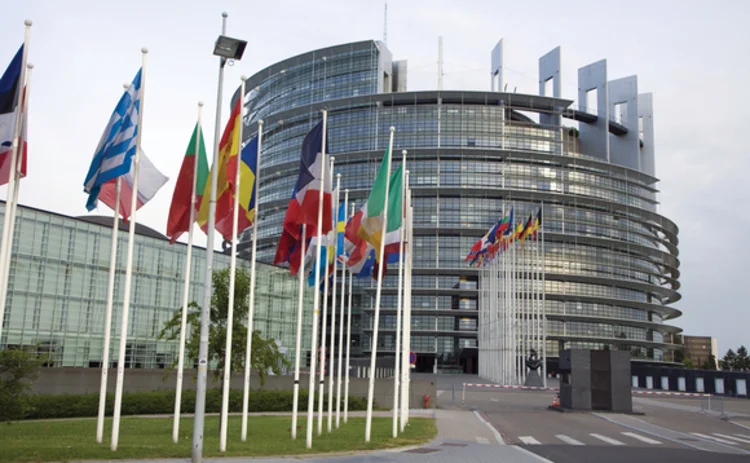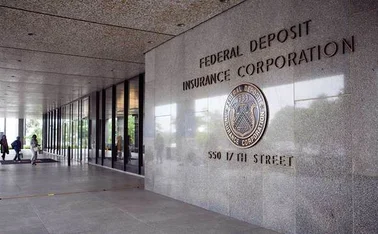
European Parliament claims substantive agreement on EU bank resolution legislation

The European Parliament's economic and monetary affairs committee has reached agreement on "all the main important areas" of new bank recovery and resolution legislation, including agreeing a "broad scope" of assets liable to be called on for a bail-in, according to a Swedish member of the committee.
The European Parliament was due to vote yesterday on the legislation, but the vote was postponed until May while the final text is agreed. Nevertheless, committee rapporteur and Swedish MEP Gunnar
Only users who have a paid subscription or are part of a corporate subscription are able to print or copy content.
To access these options, along with all other subscription benefits, please contact info@centralbanking.com or view our subscription options here: www.centralbanking.com/subscriptions
You are currently unable to print this content. Please contact info@centralbanking.com to find out more.
You are currently unable to copy this content. Please contact info@centralbanking.com to find out more.
Copyright Infopro Digital Limited. All rights reserved.
As outlined in our terms and conditions, https://www.infopro-digital.com/terms-and-conditions/subscriptions/ (point 2.4), printing is limited to a single copy.
If you would like to purchase additional rights please email info@centralbanking.com
Copyright Infopro Digital Limited. All rights reserved.
You may share this content using our article tools. As outlined in our terms and conditions, https://www.infopro-digital.com/terms-and-conditions/subscriptions/ (clause 2.4), an Authorised User may only make one copy of the materials for their own personal use. You must also comply with the restrictions in clause 2.5.
If you would like to purchase additional rights please email info@centralbanking.com







